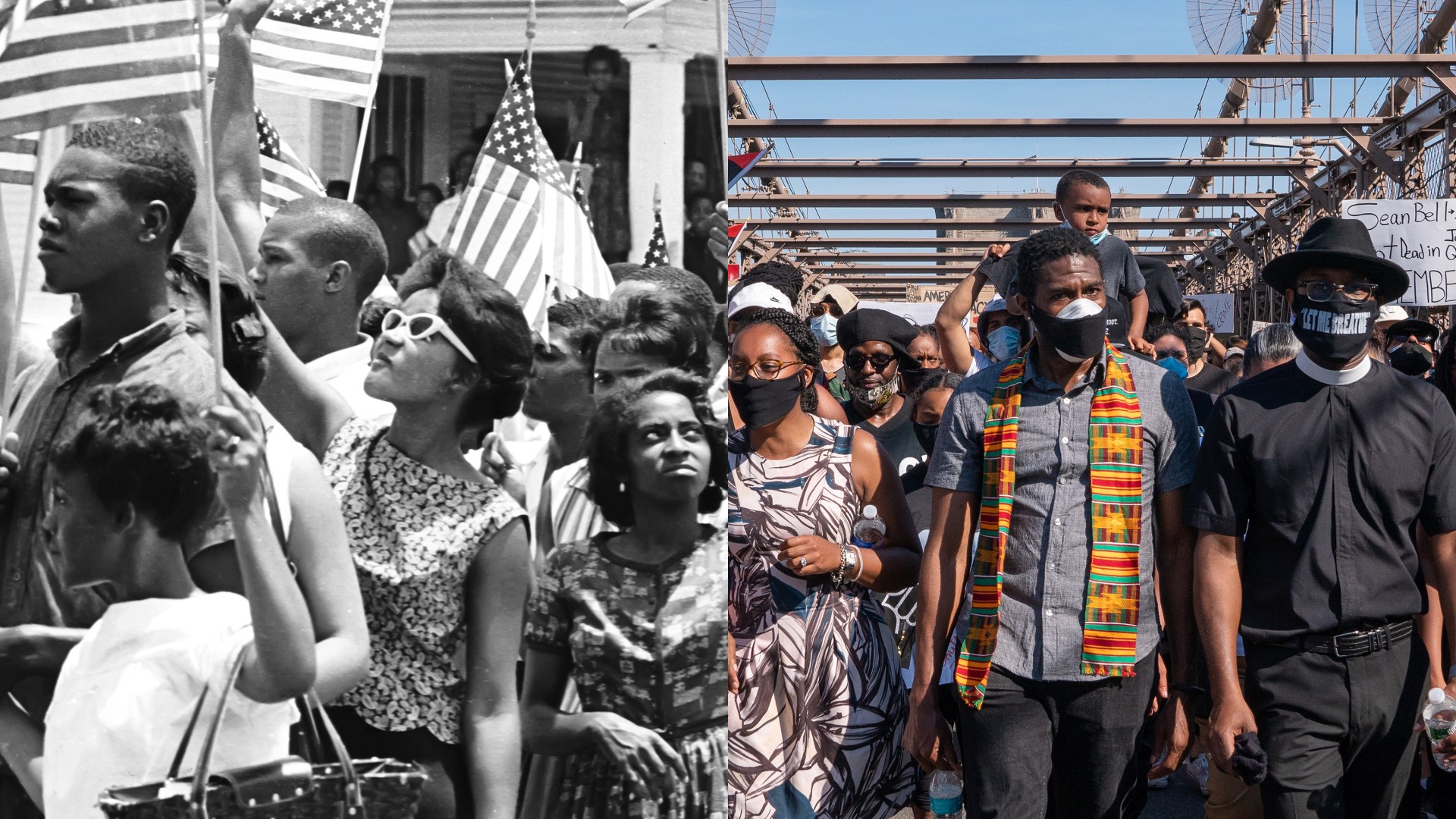They say you can’t love what you don’t know, and lately, many of us are realizing just how much we don’t know. This year, my church in Augusta, Georgia, began exploring the racial history of our city, the location of one of the first and largest civil rights riots in the South. The 1970 riot is chronicled in a recent Georgia Public Broadcasting podcast, made in partnership with the Jessye Norman School of the Arts in Augusta. The historical details resemble current events: a teen beaten to death in police custody, the black community responding with peaceful demands then rebellion, police using deadly force to suppress the uprising. But the parallels to the present aren’t striking if, like so many young people in our city, you had no idea it took place.
No wonder we feel so stuck in this racial justice fight. You can’t lament a past you don’t remember. You can’t change problems you don’t recognize. You can’t empathize with voices you ignore. Part of our call to love and serve our neighbors is to understand the lingering scars and burdens they bear.
Learning how my community downplayed the significance of its racial past made me all the more curious about the extensive civil rights legacy in the Georgia capital, the subject of this month’s cover package. Across the generations, Atlanta—with the black church as its heartbeat—has worked to honor its hard-won progress as well as to lament the cost of the ongoing fight for justice.
That practice has helped carry on a long legacy and inspire today’s leaders in Atlanta—the preachers and politicians, entrepreneurs and activists, who are working to see the principles of God’s kingdom shape every sphere of life. They live out a gospel promise that God would not just bring individual people to salvation but would restructure all of society to be just, peaceful, and flourishing in his name.
This is indeed the great hope of our faith. “At its core, Christianity is about systemic change. God so loved the whole world that he sent his son to save it. Existing outside the system he created, God intervenes with the greatest energy of all to redeem it,” writes CT editor in chief Daniel Harrell in his editorial.
As a Christian and a journalist, I believe the stories we tell—the brokenness and faithfulness of those who came before—influence our actions today. Charles Oatman, the 16-year-old whose death sparked a landmark riot in my town 50 years ago, was never a hashtag, and his name doesn’t appear in our history books.
The most unsettling part of learning about this chapter of our past was discovering how much had been buried and forgotten. Throughout Scripture, we see forgetfulness correspond with a lack of faith or disregard for God’s work in the world. It is a holy task, then, for us to remember rightly.
Kate Shellnutt is senior news editor of Christianity Today. Follow her on Twitter @KateShellnutt.










